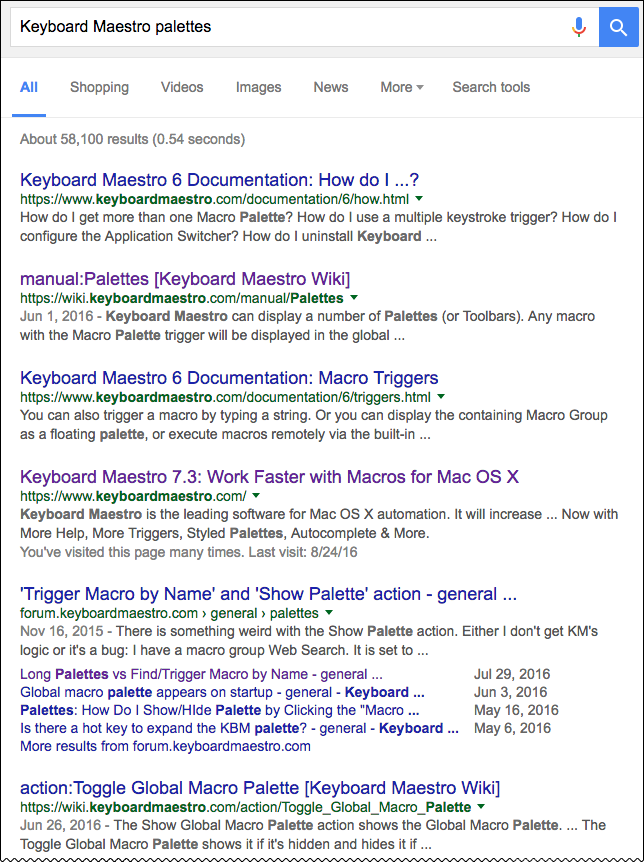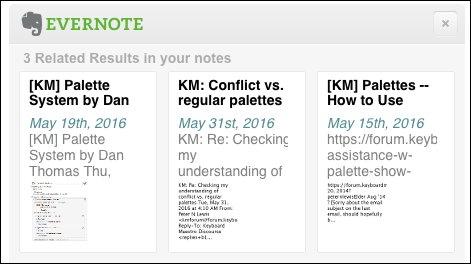[quote="JMichaelTX, post:6, topic:5211"]
Sorry, I seem to be rambling at this point. [/quote]
Brainstorming for ideas can appear to be rambling.
I encourage you to do more like that here.
.
[quote="JMichaelTX, post:6, topic:5211"]
I use Evernote as my primary tool for collecting/archiving information ... Evernote Web Clipper ... also searches your Evernote Notes.[/quote]
Rambling like that is very helpful.
.
[quote="Tom, post:4, topic:5211"]
Once found the information, I don’t download the whole article/topic, I just copy the core information ... into a new document (for example a Quiver note). Then I add my own description in my own words, my own explication what it does, and why it does what it does. Plus a link to the source. [/quote]
Tom's method, over time, would build an extremely valuable "library".
Tom, are you using Quiver for that purpose, or Evernote, or something else?
.
[quote="JMichaelTX, post:6, topic:5211"]
Until I know at least the core terms of a subject, I can't effectively search for details of that subject. [/quote]
Right there is the essential problem.
So, I'm thinking will post on the forum to ask for the core term, then do the search for details.
Thank you, JM, for posting a detailed example of Evernote + Web Clipper.
Evernote gives a very neat presentation.
I will look more at Evernote.
.
Tom, JMichaelTX, and now ComplexPoint, are advising similar.
I can see that is a far better strategy than my initial plan.
I'm changing course now.

